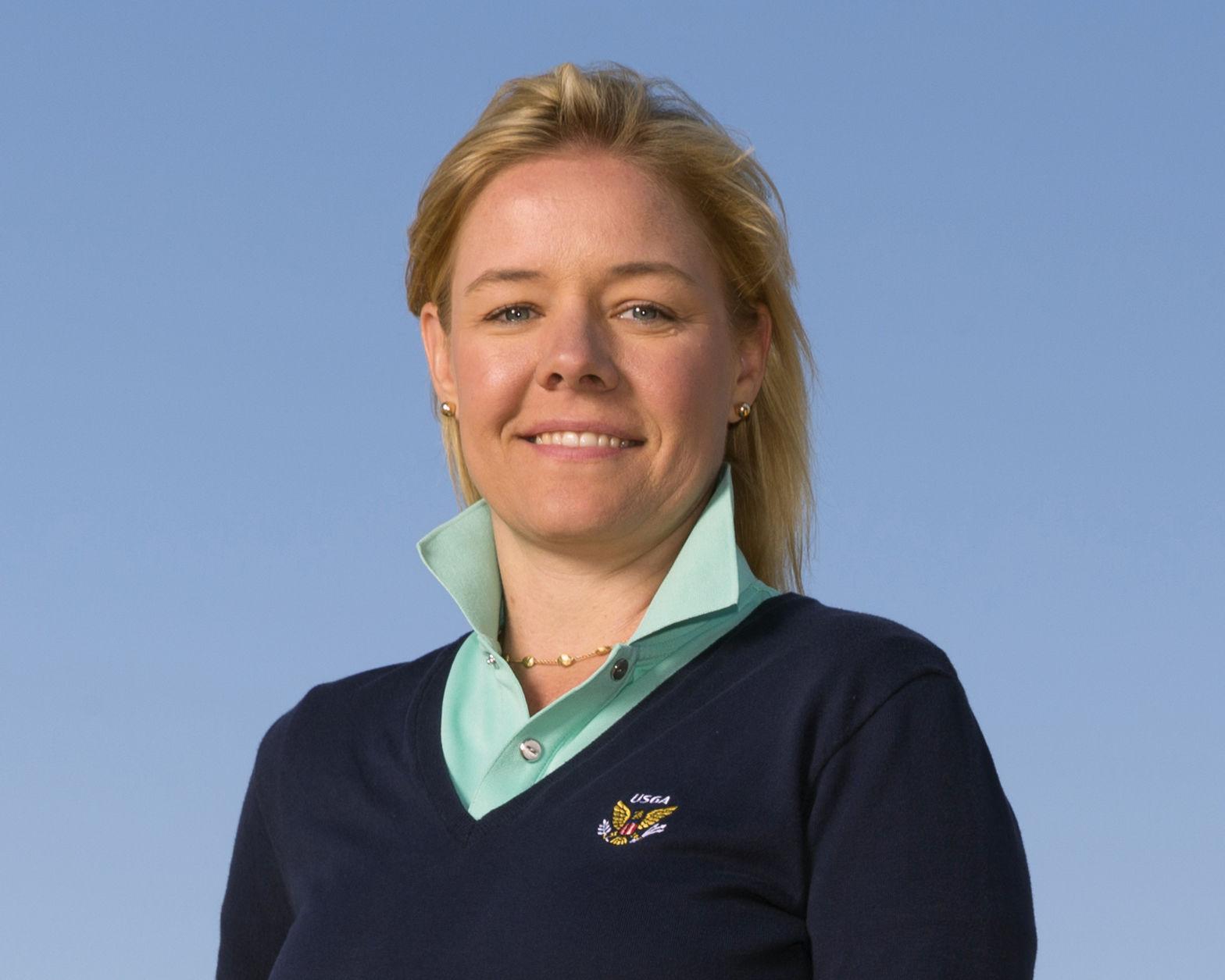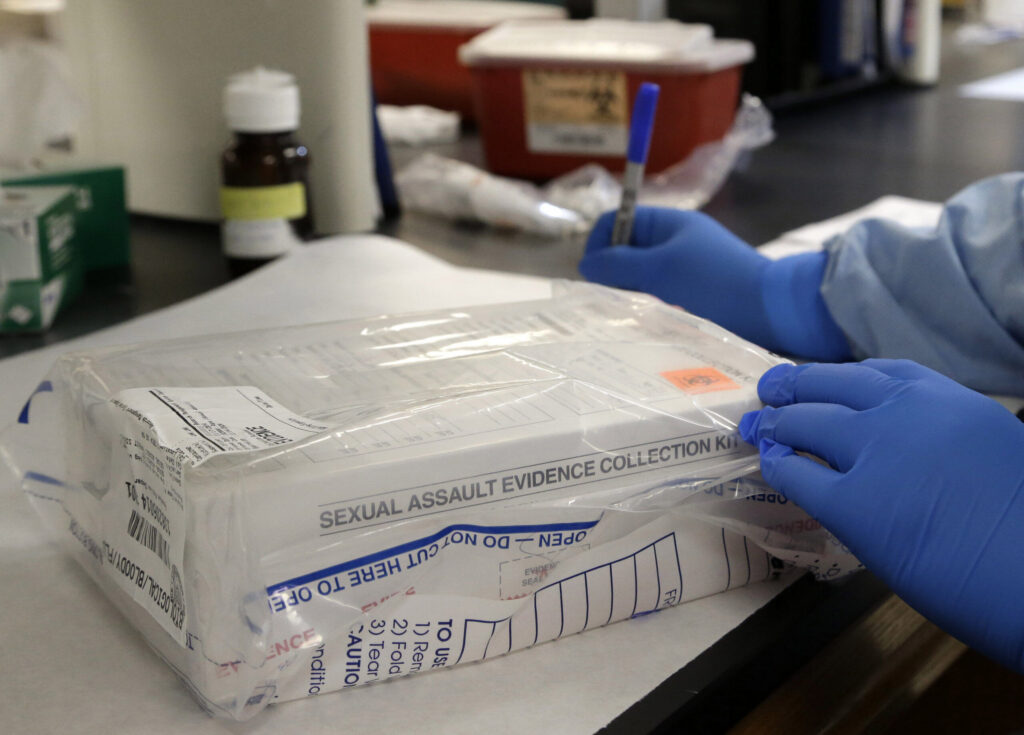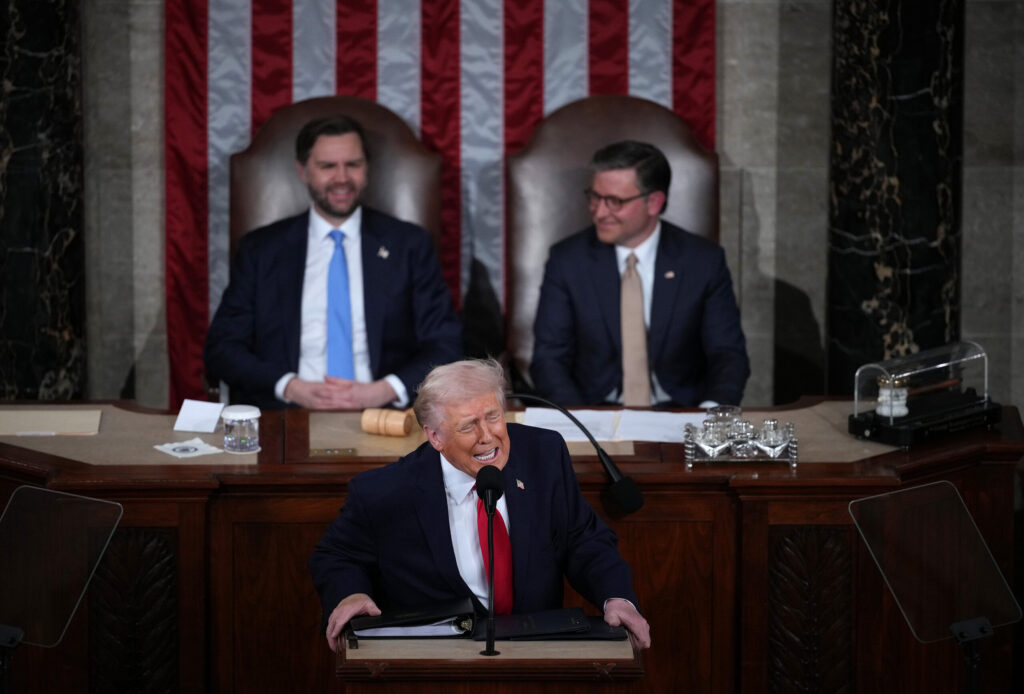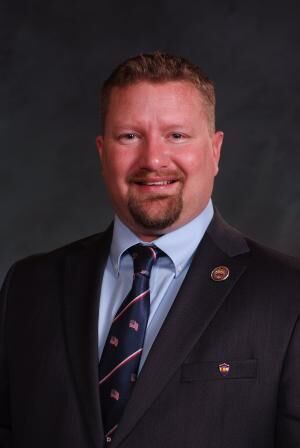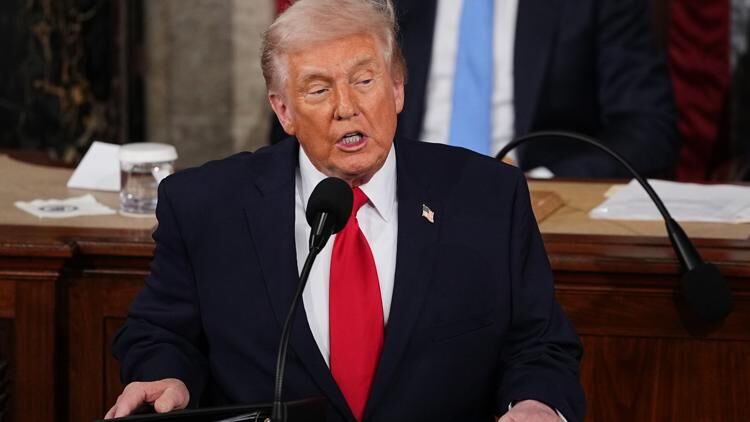USOC leader: Reform possible with or without Congress

The leader of the U.S. Olympic Committee believes the federation can reform with or without guidance from Congress.
Speaking at an Aspen Institute event Wednesday in Washington, CEO Sarah Hirshland said she has delivered a proposal that would put the Colorado Springs-based USOC on the hook to deliver an annual report, as a way of measuring itself more frequently against its own reform-minded goals.
Under the Ted Stevens Olympic and Amateur Sports Act, the USOC currently must deliver a report every four years. A wave of sex-abuse scandals in Olympic sports has led Congress to hold a number of hearings over the past two years and consider revisiting the law.
Hirshland said she was not opposed to congressional input, but “if it doesn’t happen, it’s not going to stop us from making the changes we need to make.”
Under Hirshland, the USOC is trying to give athletes a more streamlined way of reporting abuse and any other issues that crop up in training, most of which is done under the umbrella of a USOC-sanctioned sports (national governing) body.
It’s a complex maze of organizations that Congress has largely shied away from micromanaging. Some lawmakers, however, have grown more interested in how the Olympics work in the United States, as hundreds of athletes, including gymnasts abused by former USA Gymnastics doctor Larry Nassar, have shared stories about their abuse and the lack of response from agencies that were supposed to protect them.
“We, the Olympic community, collectively failed our athletes,” Hirshland said. “It’s a terrible, terrible situation. It goes beyond gymnastics and, quite frankly, goes beyond sports.”
While in Washington, Hirshland lobbied lawmakers to consider more funding for the U.S. Center for SafeSport, which is in charge of investigating sex-abuse cases involving Olympic athletes.
The Associated Press detailed the extent of the government’s current funding, a three-year, $2.2 million grant that is earmarked for education programs, not investigations.
The U.S. Olympic team, meanwhile, doesn’t receive any government money, but lawmakers still have ultimate authority over the USOC via the Stevens Act.
“When you get to what’s needed in the act itself, there are things that could be helpful to refine, clarify and make adjustments,” Hirshland said. “But there’s nothing that says we can’t make changes as an organization and commit to make the progress we need to make if they do nothing with the act.”
